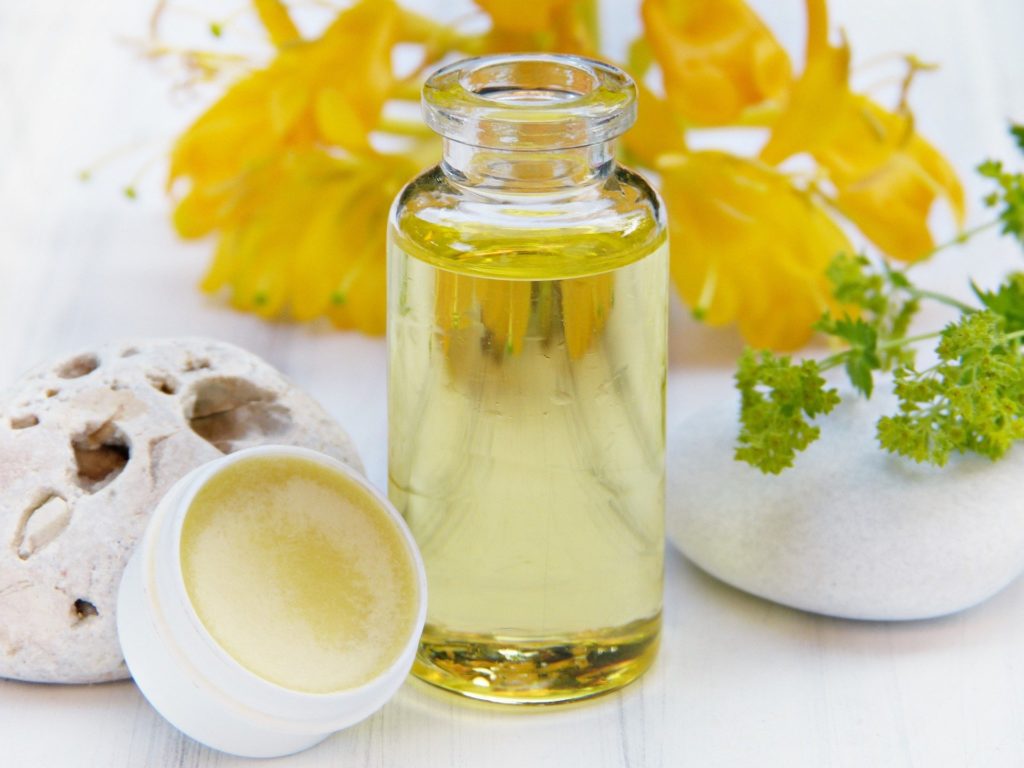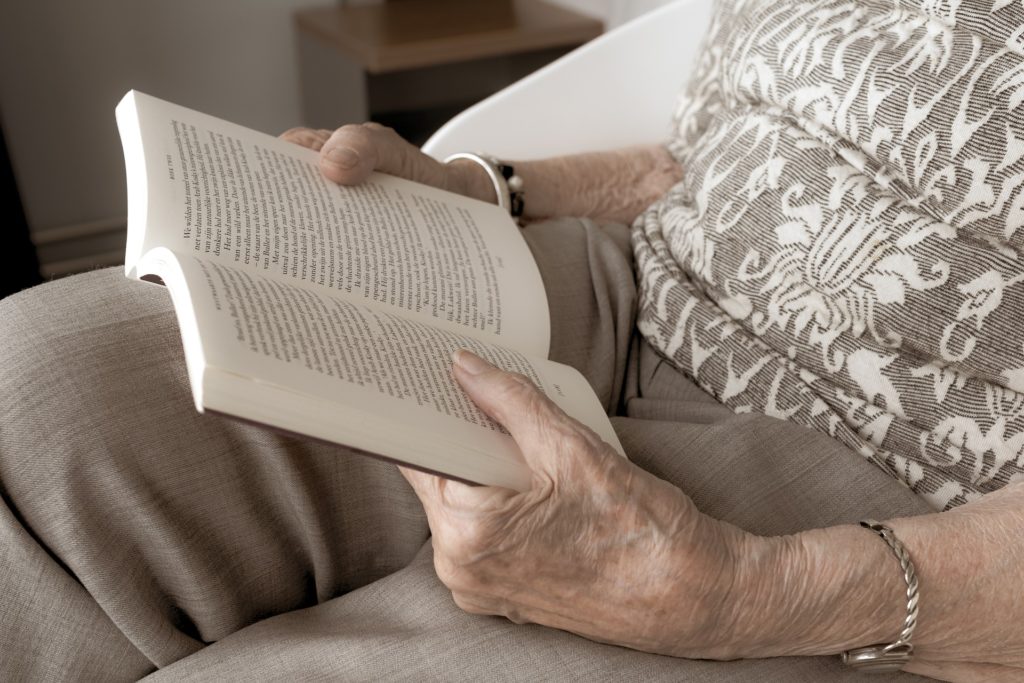Self Care Isn’t Selfish / El Cuidado Personal no es Egoísta
Posted by Maria Droste Counseling Center on Feb 25, 2021 in Stress and Anxiety
The Importance of Self Care
As 2021 presents similar challenges as last year, it is important to practice all of the coping skills that have worked for us in the past. While the meaning self-care seems to be problematic lately, the basic tenet of tending to our own needs won’t go out of style. And now, with so many extra challenges around us, this is essential.
Especially for parents and caregivers that may be experiencing isolation due to COVID-19, finding moments of peace and connection are crucial. It is a lot to be continuing to balance the needs of others around us, especially supporting younger people who are needing to adjust with our changing world and remote learning. Living through a global pandemic is hard on everyone and we all have our different coping skills. Below are some tips on how to lovingly practice self care, even in the midst of a pandemic:
Focus on your own needs
Self-care is important because it allows us to maintain a healthy relationship with ourselves. It allows us to be able to be a more present and patient parent. It’s just like the old saying, we can’t pour from an empty cup. While we all “fill” our cups in different ways, there are a few universal ways to practice self-care:
Check in with your physical health

While the mental toll of the pandemic may be harder than the physical, don’t forget to take care of your body. Try to eat a balanced diet, get enough sleep, and drink a lot of water. Research has shown that regular exercise increases the levels of serotonin in our body which improves mood and energy levels. Rest is so important and we often don’t get enough of it. It can be challenging to stay motivated to take care of our physical health and it can help to get an accountability buddy – or just someone to take a walk with if your state guidelines allow it.
Say no when you need to
This is an important one and there is so much more to explore within this (hello, people pleasers!), so stay tuned for a longer post. However, saying no helps you avoid burnout. When one says yes to every request at the expense of one’s own peace of mind, this sets yourself up for exhaustion. Sometimes we have to remind ourselves that we can’t please everyone. Your self care is just as important as the needs of others.
Find light
This is a caveat to the environment tip. The Northern Hemisphere tilts away from the sun and its light during winter. That is why there is less daylight and colder temperatures in the winter. Without the natural light that many of us crave, it might be a good idea to invest in a good light therapy box that can boost mood.
According to the Mayo Clinic, “the use of a light therapy box can offer relief…A light therapy box mimics outdoor light. Researchers believe this type of light causes a chemical change in the brain that lifts your mood and eases other symptoms of SAD (Seasonal Affective Disorder). Even if someone doesn’t officially have a diagnosis of Seasonal Affective Disorder, changes that occur in the Winter can make daily life a little more challenging.

Additionally, according to a review published in American Family Physician, there are probably several different causes, including changes in the body’s natural daily rhythms (circadian rhythms), in the eyes’ sensitivity to light, and in how chemical messengers like serotonin function. Even if you skip on purchasing a light box, it is a good idea to get natural sunlight during the day when you can.
Get outside
Sure, it does take longer to get on the necessary layers, but this is the key to finding pleasure in the colder months of the year. Get fitted for cross country skis, buy a sled, or invest in some skates. Make snow angels or hunt around for animal tracks.
It doesn’t really matter what the activity is, but the key is to get outside. Getting outside is an opportunity to be more mindful of one’s surroundings and it can boost up one’s immune system. According to MedlinePlus, a website created by the U.S. National Library, exercising outdoors may keep illness at bay because it flushes bacteria out of one’s airways and lungs. Spending time in a forest has even been scientifically proven to decrease stress hormones!
Written by Molly Ritvo

Depression is treatable!
For $50, you could support someone coping with trauma to find joy and safety again. Thanks for ensuring your community receives the mental healthcare they need, regardless of ability to pay.
La importancia del cuidado personal
Dado que 2021 presenta desafíos similares a los del año pasado, es importante practicar todas las habilidades de afrontamiento que nos han funcionado en el pasado. Si bien el significado de autocuidado parece ser problemático últimamente, el principio básico de atender nuestras propias necesidades no pasará nunca de moda. Y ahora, con tantos desafíos adicionales a nuestro alrededor, el autocuidado es esencial.
Especialmente para las madres, padres y cuidadores que pueden estar experimentando aislamiento debido al COVID-19; encontrar momentos de paz y conexión es crucial. A veces puede ser demasiado continuar equilibrando las necesidades de las y los que nos rodean, especialmente apoyando a las y los más jóvenes, ya que ellas y ellos necesitan adaptarse a nuestro mundo cambiante y al aprendizaje remoto. Vivir una pandemia mundial es difícil para todas y todos, además todas y todos tenemos diferentes habilidades para afrontar la situación. A continuación, se presentan algunos consejos sobre cómo practicar cariñosamente el cuidado personal, incluso en medio de una pandemia:
Concéntrate en tus propias necesidades
El cuidado personal es importante porque nos permite mantener una relación sana con nosotras y nosotros mismos. Nos permite ser madres o padres más presentes y pacientes. Escomo el viejo dicho, no podemos servirle a alguien más de una taza vacía. Si bien todas y todos “llenamos” nuestras tazas de diferentes maneras, existen algunas formas universales de practicar el cuidado personal:
Mantente al pendiente de tu salud física.
Si bien el costo mental de la pandemia puede ser más duro que el físico, no olvides cuidar tu cuerpo. Intenta llevar una dieta equilibrada, dormir lo suficiente y beber mucha agua. Diversas investigaciones han demostrado que el ejercicio regular aumenta los niveles de serotonina en nuestro cuerpo, lo que mejora el estado de ánimo y los niveles de energía.
Descansar es muy importante y, a menudo, no lo hacemos lo suficiente. Puede ser un desafío mantener la motivación para cuidar nuestra salud física, así que puede ayudar conseguir una o un compañero responsable, o simplemente alguien conquien dar un paseo si las pautas de tu estado lo permiten.
Di no cuando lo necesites
Este consejo es importante y hay mucho más por explorar dentro de él (¡hola, gente complaciente!), Así que mantente atenta o atento a una publicación más larga sobre esto. Sin embargo, decir “no” te ayuda a evitar el agotamiento. Cuando respondemos a cada solicitud a expensas de nuestra propia tranquilidad, nos disponemos a agotarnos. A veces tenemos que recordarnos a nosotras y nosotros mismos que no podemos complacer a todas ni a todos.

Busca luz
Esta es una advertencia al consejo medioambiental. El hemisferio norte se aleja del sol y su luz durante el invierno. Por eso hay menos luz diurna y temperaturas más frías en invierno. Sin la luz natural que muchas y muchos de nosotros anhelamos, podría ser una buena idea invertir en una buena caja de fototerapia que pueda mejorar el estado de ánimo.
Según la Clínica Mayo, “el uso de una caja de terapia de luz puede ofrecer alivio … Una caja de terapia de luz imita la luz exterior. Las y los investigadores creen que este tipo de luz provoca un cambio químico en el cerebro que mejora el estado de ánimo y alivia otros síntomas del SAD (trastorno afectivo estacional)”. Incluso si alguien no tiene oficialmente un diagnóstico de trastorno afectivo estacional, los cambios que ocurren en el invierno pueden hacer que la vida diaria sea un poco más desafiante.
Adicionalmente, según una revisión publicada en American Family Physician, probablemente haya varias causas diferentes, incluidos los cambios en los ritmos diarios naturales del cuerpo (ritmos circadianos), en la sensibilidad de los ojos a la luz y en cómo funcionan los mensajeros químicos como la serotonina. Incluso si omites la compra de una caja de luz, es una buena idea intentar obtener luz solar natural durante el día cuando sea posible.
Intenta salir
Claro, lleva más tiempo ponerse las capas necesarias, pero esta es la clave para encontrar placer en los meses más fríos del año. Consigue esquís de fondo, compra un trineo o invierte en unos patines. Haz ángeles de nieve o busca huellas de animales. Realmente no importa cuál sea la actividad, pero la clave es salir.
Salir al aire libre es una oportunidad para ser más consciente del entorno y puede estimular el sistema inmunológico. Según MedlinePlus, un sitio web creado por la Biblioteca Nacional de EE. UU., Hacer ejercicio al aire libre puede mantenera raya la enfermedad porque elimina las bacterias de las vías respiratorias y los pulmones. ¡Incluso se ha demostrado científicamente que pasar tiempo en un bosque disminuye las hormonas del estrés!
Escrito por Molly Ritvo. Traducido por Sandra D. Gómez
Need Help?
If you would like to speak to a therapist about this subject or about any other issue you may be experiencing, contact the Maria Droste Access Center at 303-867-4600.
Get Informative Posts like this Sent to Your Inbox
Maria Droste posts regularly on helpful mental health and wellness subjects like the one you just read. We send these out in our free monthly newsletter. Subscribe today and get informative reads like this sent straight to your inbox.
